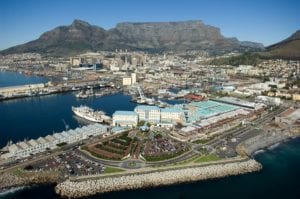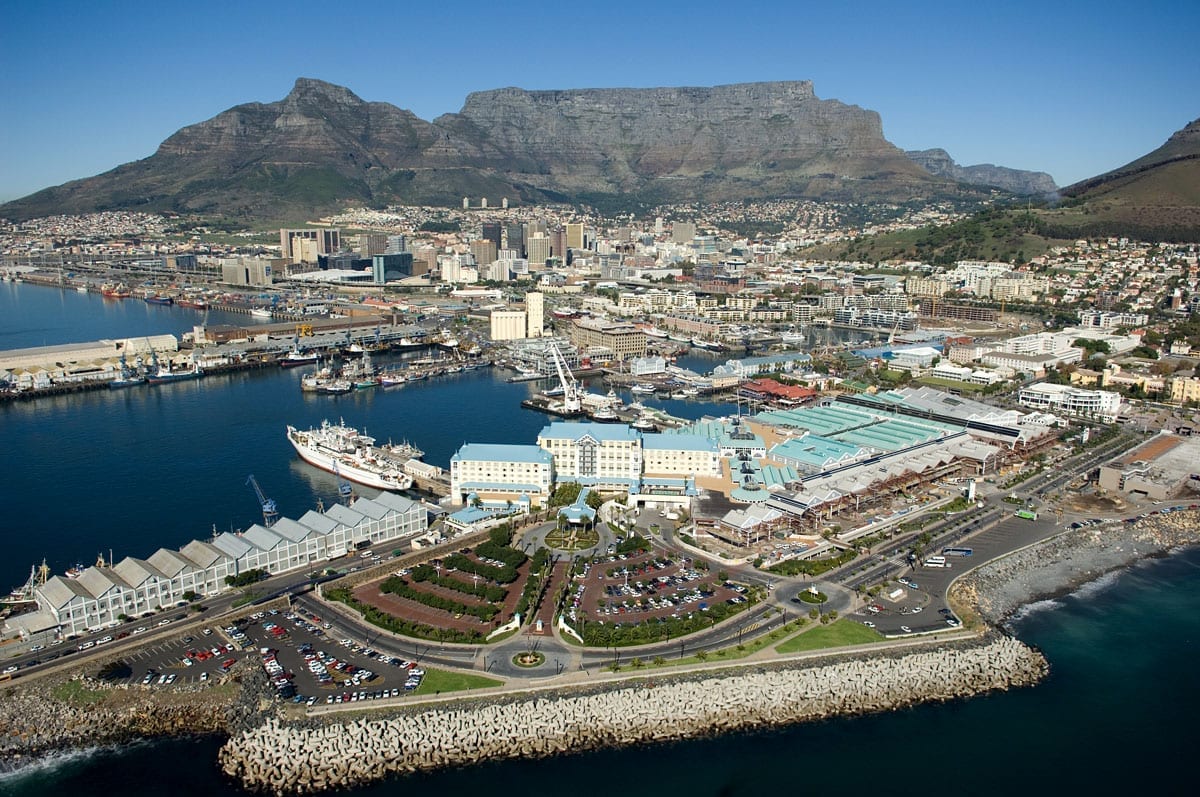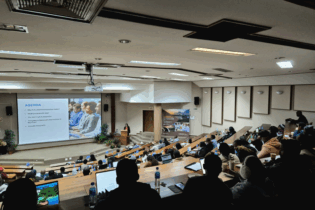Cape Town officially has less than 100 days before it runs out of water. The province’s average dam levels have dropped below 30% and it remains one of the worst drought hit provinces.
The City of Cape Town has six dams supplying its 3.7 million citizens. There are fears that the city’s taps could run dry before the rains come this winter. The dam cannot be completely emptied as it has to maintain at least 10% of its water.
The city remains a tourism hotspot throughout the year, however over peak periods it sees an influx of tourists which amount to more than 850,000 people a year.
Cape Town Mayor Patricia de Lille and Western Cape Premier Helen Zille have said that the province is in a real crisis.
At the Women4Climate conference in New York earlier in March she told Bloomberg that “People will have to change the way they are doing things. You can only save water while you have water.”
The city has implemented severe precautions and strict water restrictions in an effort to drastically decrease daily usage and preserve water. Some of the methods included the introduction of level 3b water restrictions, fining offenders, and banning irrigation.








